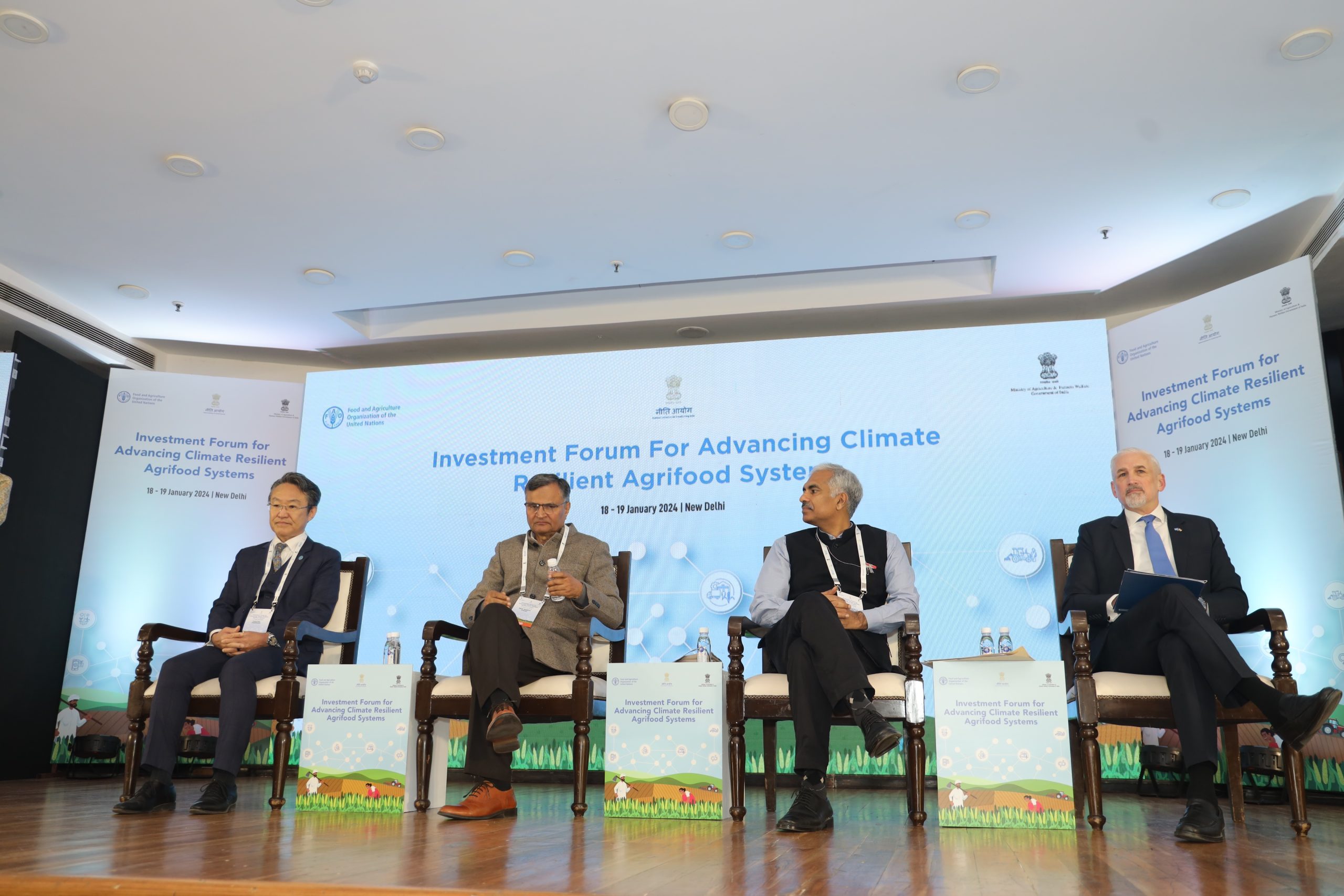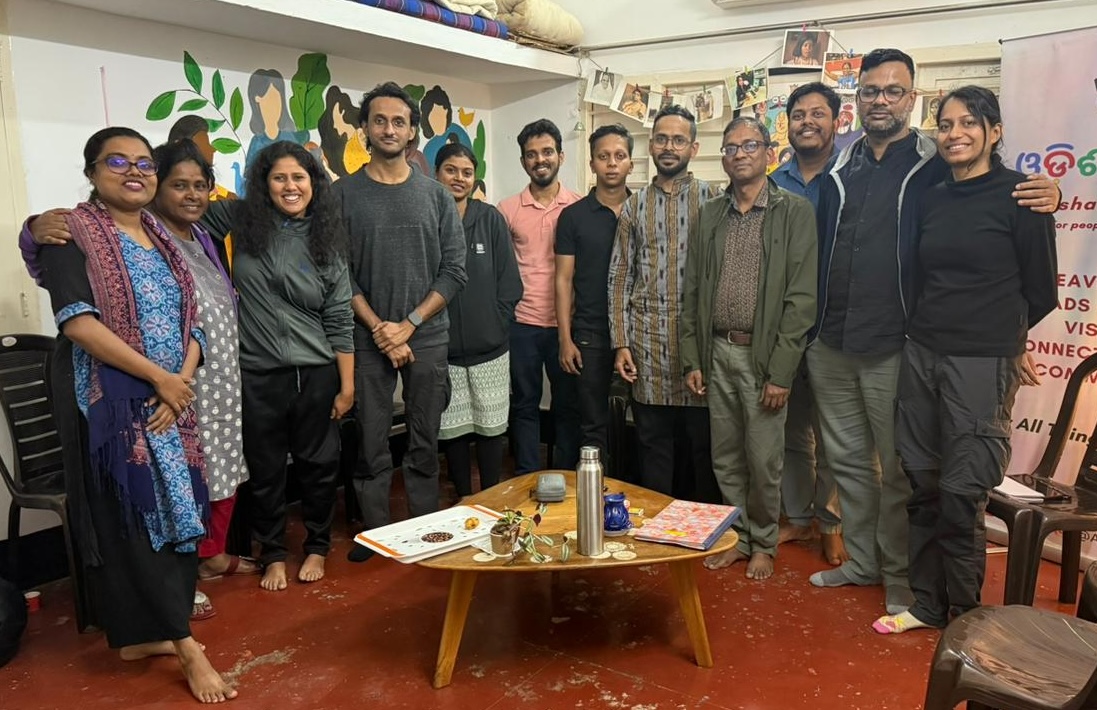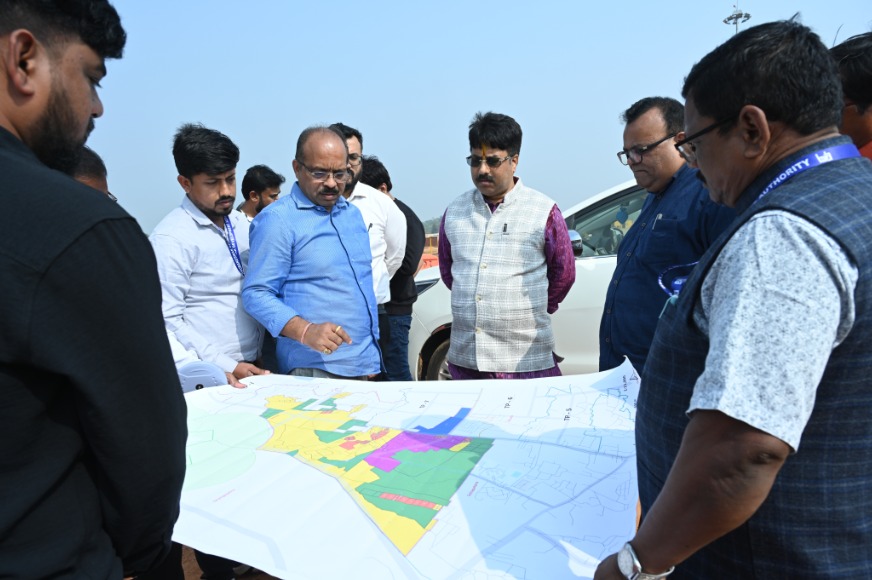New Delhi: NITI Aayog, in collaboration with the Ministry of Agriculture and Farmers’ Welfare (MoA&FW) of the Government of India and the Food and Agriculture Organization (FAO) of the United Nations, introduced the ‘Investment Forum for Advancing Climate Resilient Agrifood Systems in India.’ The initiative, unveiled during a two-day Multi-stakeholder Meeting at the India International Centre in New Delhi on January 18-19, 2024, aims to foster an investment and partnership strategy. This strategy will bring together the government, private sectors, farmers’ organizations, and financial institutions in India to promote climate-resilient agrifood systems.
During the inaugural address, Prof Ramesh Chand, Member of NITI Aayog, emphasized the imperative of creating awareness regarding agriculture’s contribution to climate change, highlighting its more than 13% contribution to total greenhouse gas emissions in the country. Prof Chand underscored the potential role of agriculture in carbon sequestration through tree plantation on farmland. He called for a new economic analysis approach for agriculture, taking into account the impact on natural resources, climate change, and future generations. Prof Chand proposed incorporating metrics beyond financial prices to evaluate the economic impact of agricultural activities and stressed the importance of aligning efforts with the larger UN approach.
Sri Manoj Ahuja, Secretary of MoA&FW, Government of India, stressed the significance of a multi-stakeholder approach in addressing climate challenges in India. He emphasized the need to consider the perspective of small and marginal farmers, constituting 85% of the farming population in India. Sri Ahuja discussed the spatial and temporal distribution of climate patterns affecting farming activities and called for localized responses. He also highlighted the need to focus on investment structures to increase incentives for farmers in the country.
Mr. Shombi Sharp, UN Resident Coordinator in India, emphasized the interconnection between financial and food crises. He urged scaling up investments in climate resilience in agriculture to meet the predicted 50% growth in food demand by 2050. Mr. Sharp reiterated the UN’s support for climate initiatives in India, expressing commitment to being a partner of choice for the country.
Mr. Takayuki Hagiwara, FAO Representative in India, applauded the Indian Government’s leadership in building climate-resilient agrifood systems. He highlighted the importance of de-risking, considering factors such as working capital, labor availability, sustainability, impact on the environment, the role of women, and others.
The two-day meeting facilitated discussions among key stakeholders, focusing on national priorities, investment opportunities, partnership, technical support, and cooperation. The Forum addressed key areas, including climate-resilient agriculture, digital infrastructure and solutions, financing, climate-resilient value chains, production practices, and gender mainstreaming.
Climate change poses significant challenges for India, particularly affecting its economically vulnerable rural population dependent on climate-sensitive agricultural livelihoods. The Forum aims to identify national priorities and policy platforms for financing climate-resilient agrifood systems and consolidate resources for large-scale climate advocacy campaigns. It brought together almost 200 attendees, including representatives from the government, NABARD, ICAR, ICRISAT, MANAGE, World Bank, IFPRI, the European Union delegation, IFC, and UN agencies.





